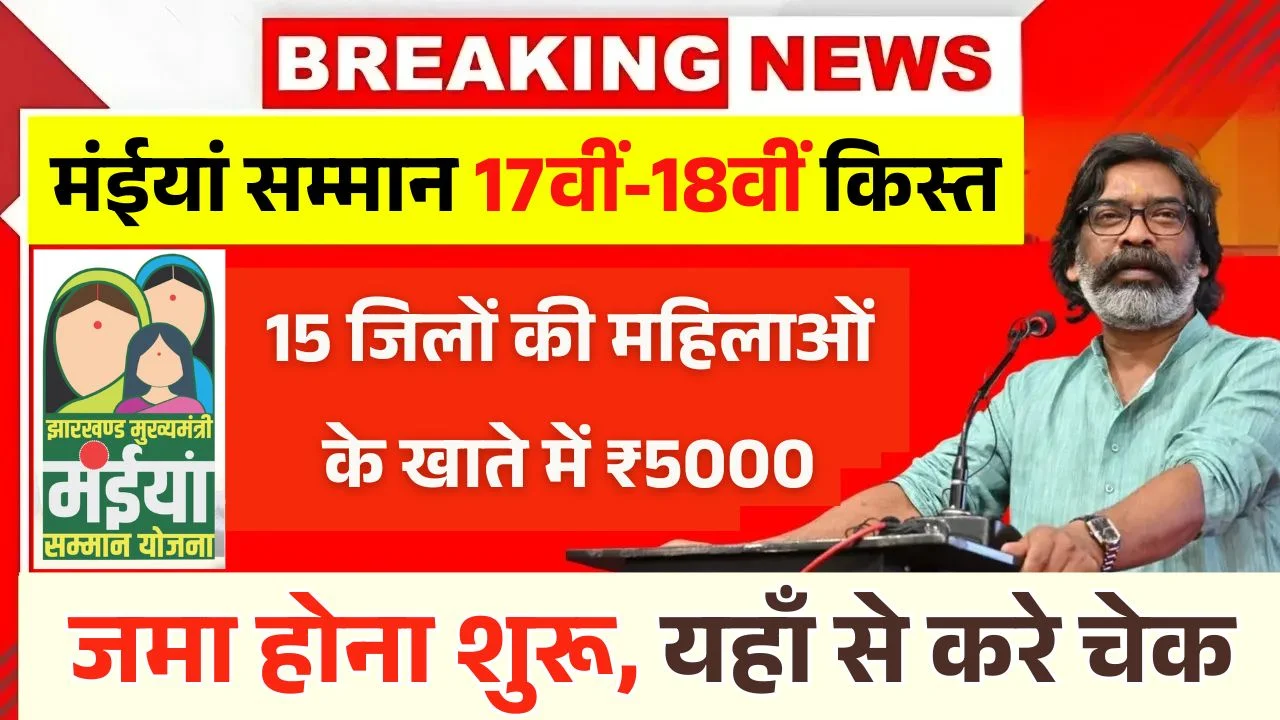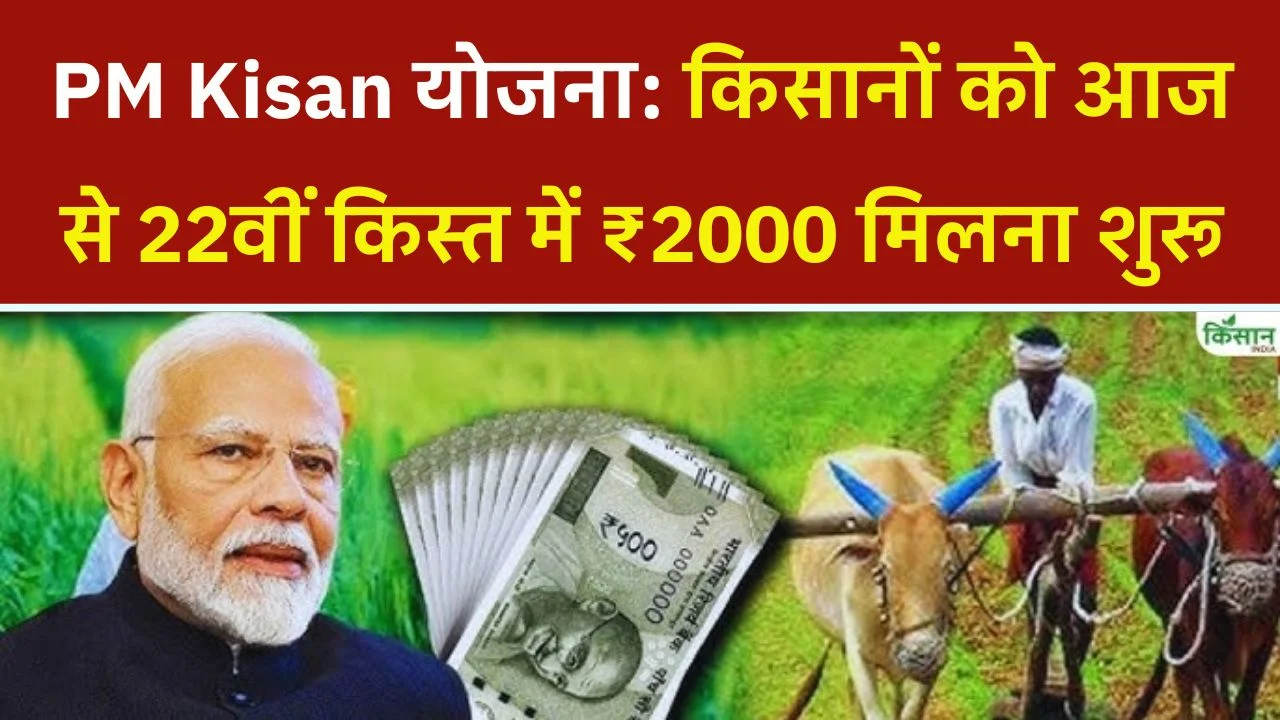Maiya Samman Yojana 17th 18th Installment Release: 15 जिलों की महिलाओं के खाते में आज से ₹5000 जमा होना शुरू, यहाँ से करे चेक
Maiya Samman Yojana 17th 18th Installment Release: झारखंड सरकार द्वारा शुरू की गई मंईयां सम्मान योजना राज्य की महिलाओं के लिए एक बड़ी राहत साबित हो रही है। यह योजना खास तौर पर उन महिलाओं को ध्यान में रखकर बनाई गई है जो आर्थिक रूप से कमजोर वर्ग से आती हैं और जिनके लिए घर … Read more


